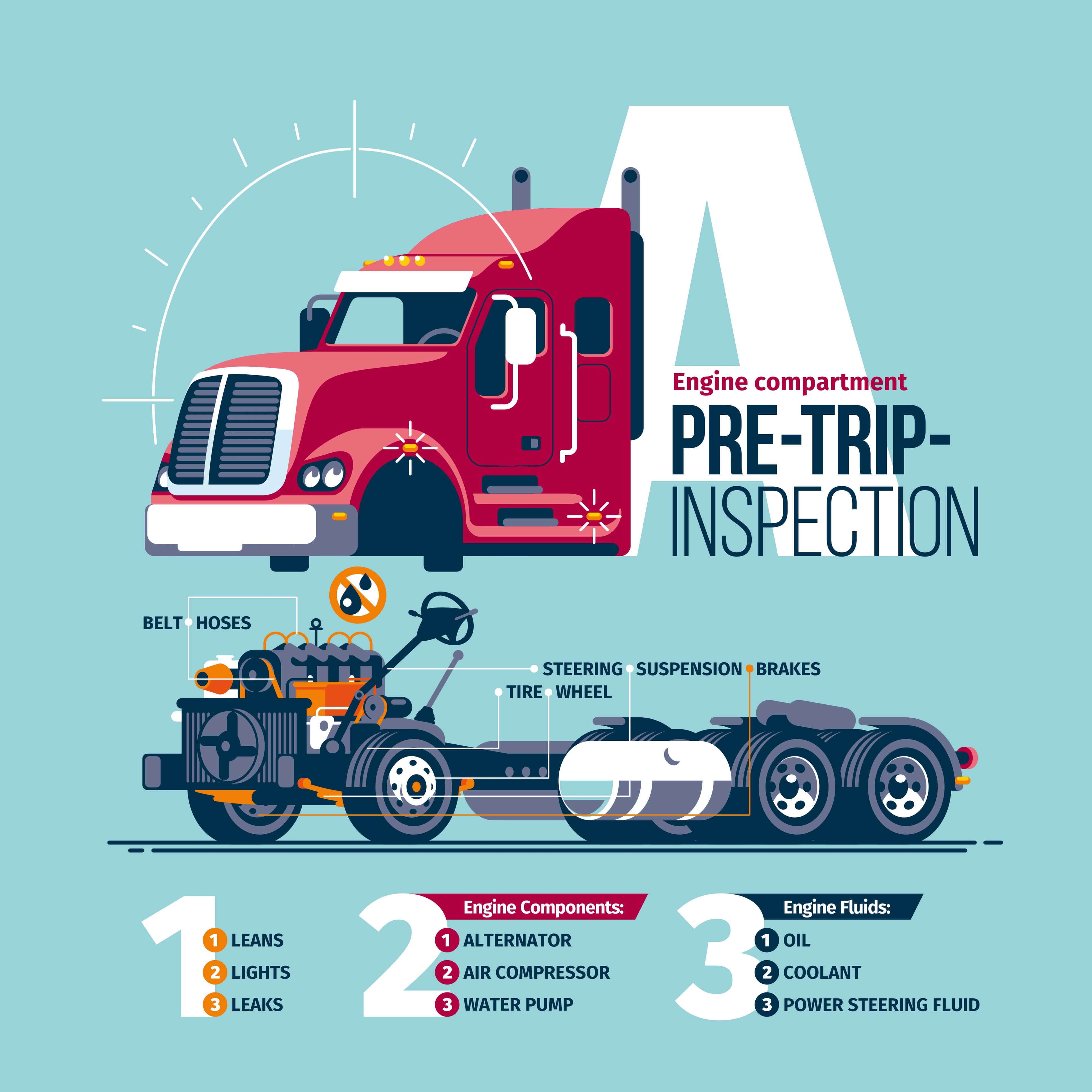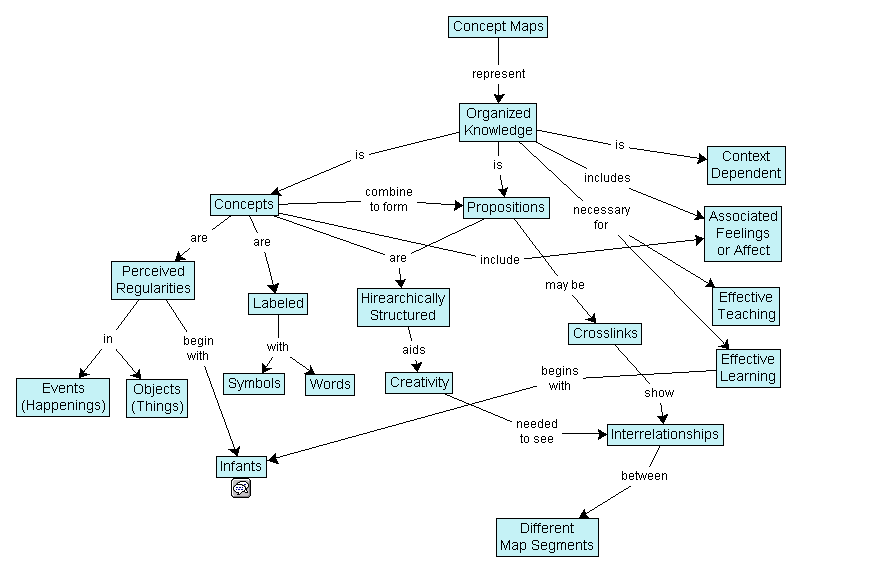Trucks are a common means of transportation, especially in the commercial industry. Business owners rely on them to transport heavy goods for short and long distances. Due to their workload, they must always be in pristine condition. Otherwise, you’ll likely experience a breakdown during transit that can lead to downtime and decreased customer satisfaction. Both situations aren’t ideal.
One sure way of ensuring optimum efficiency is practicing maintenance. Like any other vehicle, maintenance is highly recommended since it increases your chances of identifying issues in their early stages and addressing them. Fixing the problems immediately will prevent future damage that’s expensive and challenging to rectify. As a truck owner, how can you care for and maintain your vehicle? Read on to learn the tips and tricks to adopt.
Here’s the guide:
- Create A Maintenance Routine
Routines tend to keep you on track and reduce, if not eliminate, the possibility of forgetting your tasks. Therefore, it’s important to create a routine for your truck maintenance. Start by reading your truck’s manual. Manufacturers tend to leave a maintenance guide for your truck, which indicates the parts that need changing and the intervals of the change. It’ll also include spare parts specifications to use should any item require replacing.
Next, create a schedule that will depict the intervals of your maintenance. It could be every two weeks or months, but it depends on how often you use your truck. The more it’s on the road ferrying heavy goods, the shorter the intervals should be. However, adhere to the guide as well on intervals. Most manuals will suggest changes after some mileage or number of hours of use.
With the intervals in place, you can now develop a checklist that depicts the various parts you need to check with every maintenance activity. The list eliminates forgetfulness, which can cost the efficiency of your truck’s parts that include the engine, brakes, wheels, steering wheel, etc.
There are other components that are often overlooked, like the truck gates. Truck gates provide support to your loads during transit, preventing tipping over. Therefore, these gates should be part of your maintenance checklist. Since they’re often made of steel, check for rust, buckling, welding joints, and other aspects that lead to the detriment of steel. However, it’d help to ensure they’re made of quality Steel or Aluminum and are fabricated properly. Seek services from experts like Trailer Gates Australia if you don’t want your goods to fall on other vehicles or road users during transit, leading to catastrophic accidents.

- Change Your Fluids
Various parts of your truck depend on fluids to run efficiently. Hence, you must ensure the quality of these fluids for optimum functioning.
One of the common fluids needing change is the engine oil. Engine oil serves to lubricate your engine to prevent wear and tear. Over time, this oil will get dirty and cease lubricating your truck’s engine efficiently. Therefore, be sure to change it regularly because the manual will specify the timing of these changes.
However, these intervals shouldn’t be your only determining factor. Your truck’s engine oil can get dirtier faster due to their work. You can check if your oil needs changing from the engine oil compartment. There’s a dipstick that will assist you. If the engine oil is dark-colored, change it. Moreover, be sure to use the proper oil for your truck model as directed by the manual.
The other fluid you must check is the coolant. As the name suggests, it cools your engine to prevent overheating; hence, it’s quite important. Check its levels and quality; the level should be above the minimum level and below the maximum mark. On quality, the coolant shouldn’t be dark red or orange at any time. Your coolant requires water to work efficiently. Therefore, ensure the ratios are right, preferably 1:1.
Last but not least, regularly change your steering and brake fluids. The pristine condition of these fluids ensures your truck drivers drive safely without braking or turning issues. This prevents the possibility of accidents.
- Train Your Team
You might have adopted the right care and maintenance principles for your trucks as a business owner. However, all these efforts will be wasted if your team doesn’t handle your trucks appropriately. Therefore, you must provide them with adequate training. In this case, your team includes your drivers and mechanics.
Ensure your drivers have the necessary training in driving trucks and not just any other vehicle. A driving license should prove this; however, ensure the license is valid by confirming the existence of the body in charge of the training. It’s an added advantage if they train in defensive driving. Since trucks carry heavy loads, special driving skills are required to operate them and prevent accidents.
Besides driving skills, train your drivers to identify potential truck issues. It could be strange sounds or the engine running inefficiently. This knowledge will contribute to preventive maintenance, where you prevent potential major issues with your trucks that might lead to downtime.
For the mechanics, ensure they’re well-trained in repairing and maintaining your trucks. Besides knowing the basic aspects like oil and wheel changes, they must know how to repair engines and other parts that have issues. With them in place, you shouldn’t need to seek the services of other professionals to address your truck issues.
Conclusion
This discussion shows that truck care and maintenance is something you can easily achieve as a business owner. However, ease of care comes with appropriate guidance as this article gives. Therefore, it’s best to implement the tips herein to maintain your truck efficiently. With this adoption, expect your truck investment to serve you for years.




